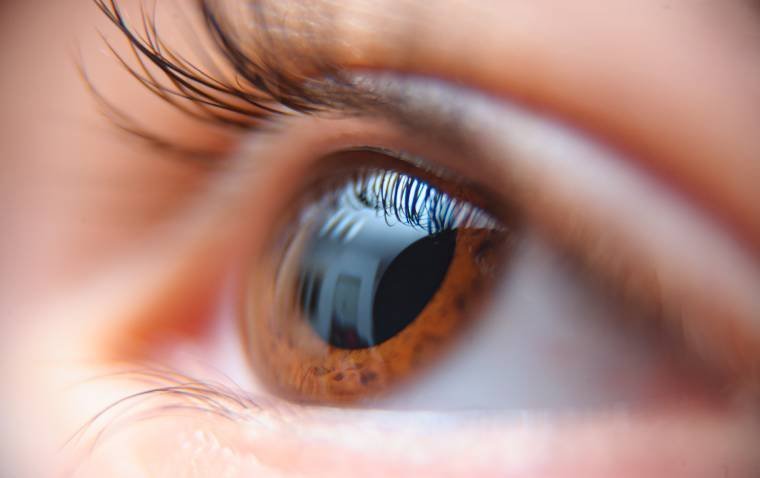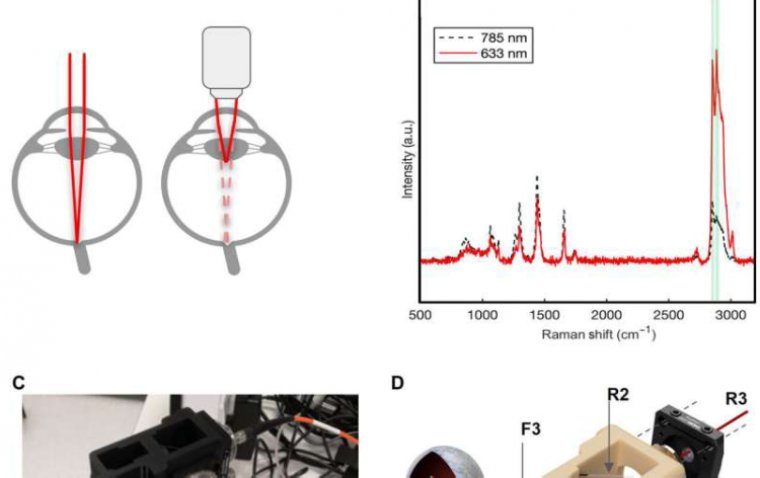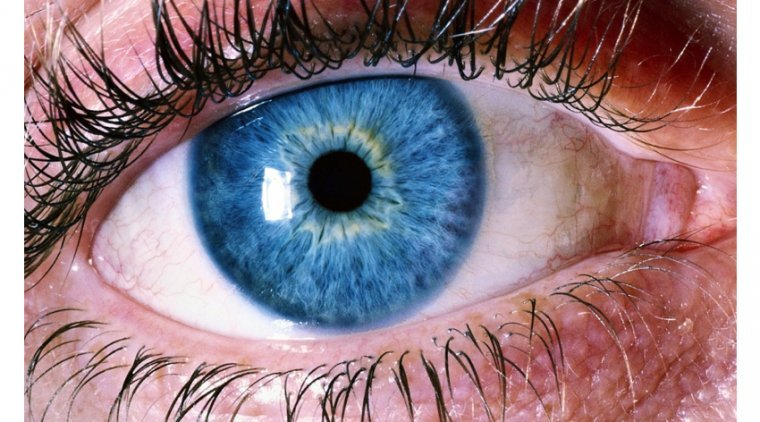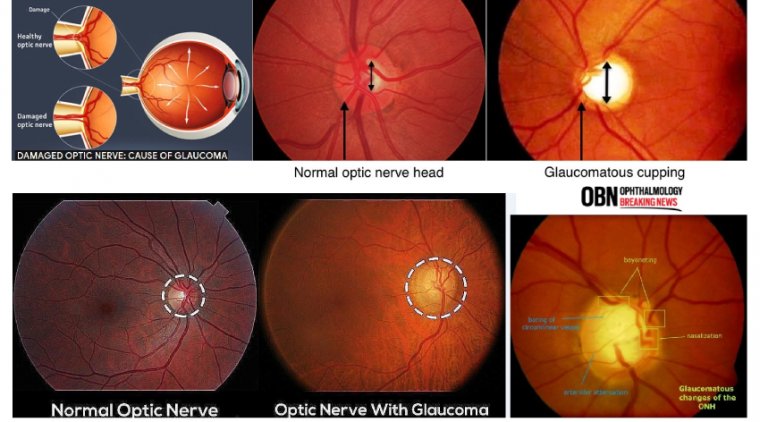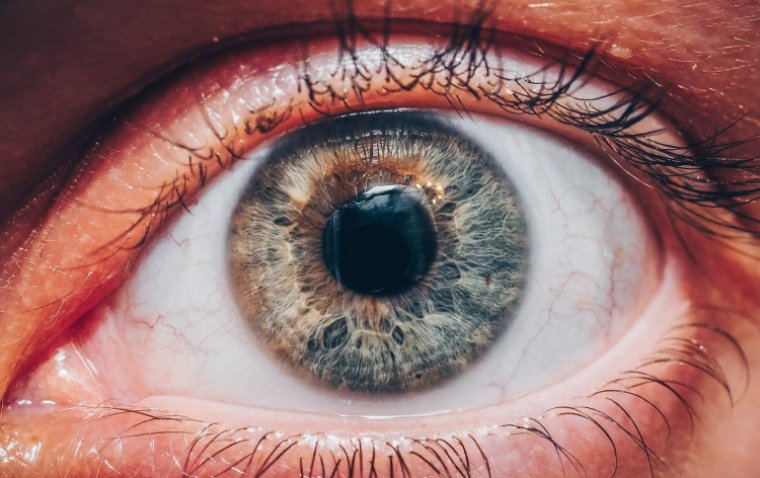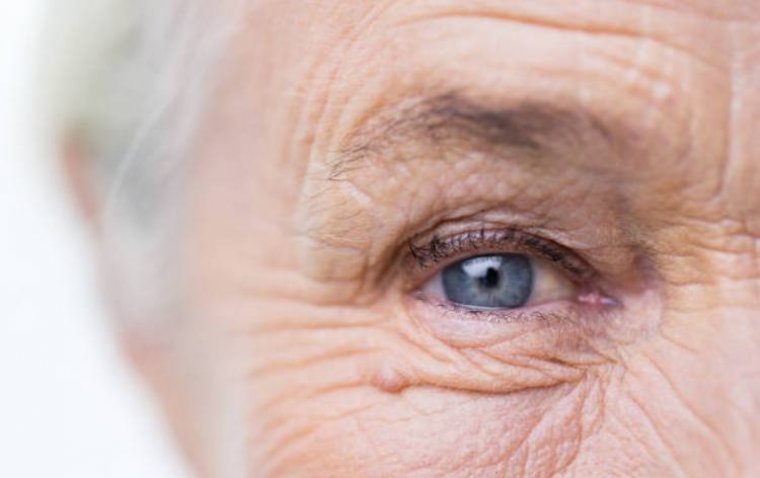
Robot Radiotherapy Could Improve Treatment for Wet AMD
Researchers from King's College London, in collaboration with doctors at King's College Hospital NHS Foundation Trust, have achieved a breakthrough in treating a debilitating eye disease using a new robot system. This system targets wet neovascular age-related macular degeneration (AMD) by delivering a one-off, minimally invasive dose of radiation, followed by standard injections into the eyes of patients.
Precision Treatment for Wet AMD
Published in The Lancet, the landmark trial revealed that this innovative approach significantly reduced the need for injections, potentially saving approximately 1.8 million injections globally each year. Wet AMD involves abnormal blood vessel growth into the macula, causing severe sight loss due to blood and fluid leakage.
With around 196 million people affected worldwide and over 700,000 individuals in the UK alone, wet AMD presents a growing health challenge, expected to increase by 60% by 2035. Current treatment involves regular eye injections, which, though initially effective, require long-term maintenance and substantial NHS resources.
Targeted Therapy with Robotic System
The new robotically controlled radiation treatment offers targeted therapy, delivering three beams of focused radiation to the affected eye. Patients receiving this treatment required fewer injections to manage their condition compared to standard care, resulting in significant cost savings for the NHS.
Expert Insights
Professor Timothy Jackson, the study lead and first author, emphasized the precision of the robotic system in targeting small lesions in the eye, which could reduce patients' treatment burden. He highlighted the potential to decrease injection frequency by about a quarter, providing relief for patients from frequent hospital visits and injections.
Dr. Helen Dakin from the University of Oxford noted that the savings from reduced injections outweighed the costs of robot-controlled radiotherapy, making it a cost-effective treatment option that benefits both patients and healthcare systems.
The study, conducted in collaboration with the University of Bristol and Queen's University in Belfast, marks a significant advancement in AMD treatment, offering hope for improved outcomes and reduced healthcare burdens.
Understanding Wet AMD
Wet AMD, or wet age-related macular degeneration, is a chronic eye disorder that affects the macula, the central part of the retina responsible for sharp, central vision. It occurs when abnormal blood vessels grow under the macula and leak fluid, causing distortion or loss of central vision. This condition typically progresses rapidly and can lead to significant visual impairment or blindness if left untreated. Wet AMD is a leading cause of vision loss in people over the age of 50 and requires ongoing management to preserve remaining vision.
Reference
Timothy Jackson et al, The Lancet (2024). www.thelancet.com/journals/lan … (24)00687-1/fulltext
(1).jpg)

